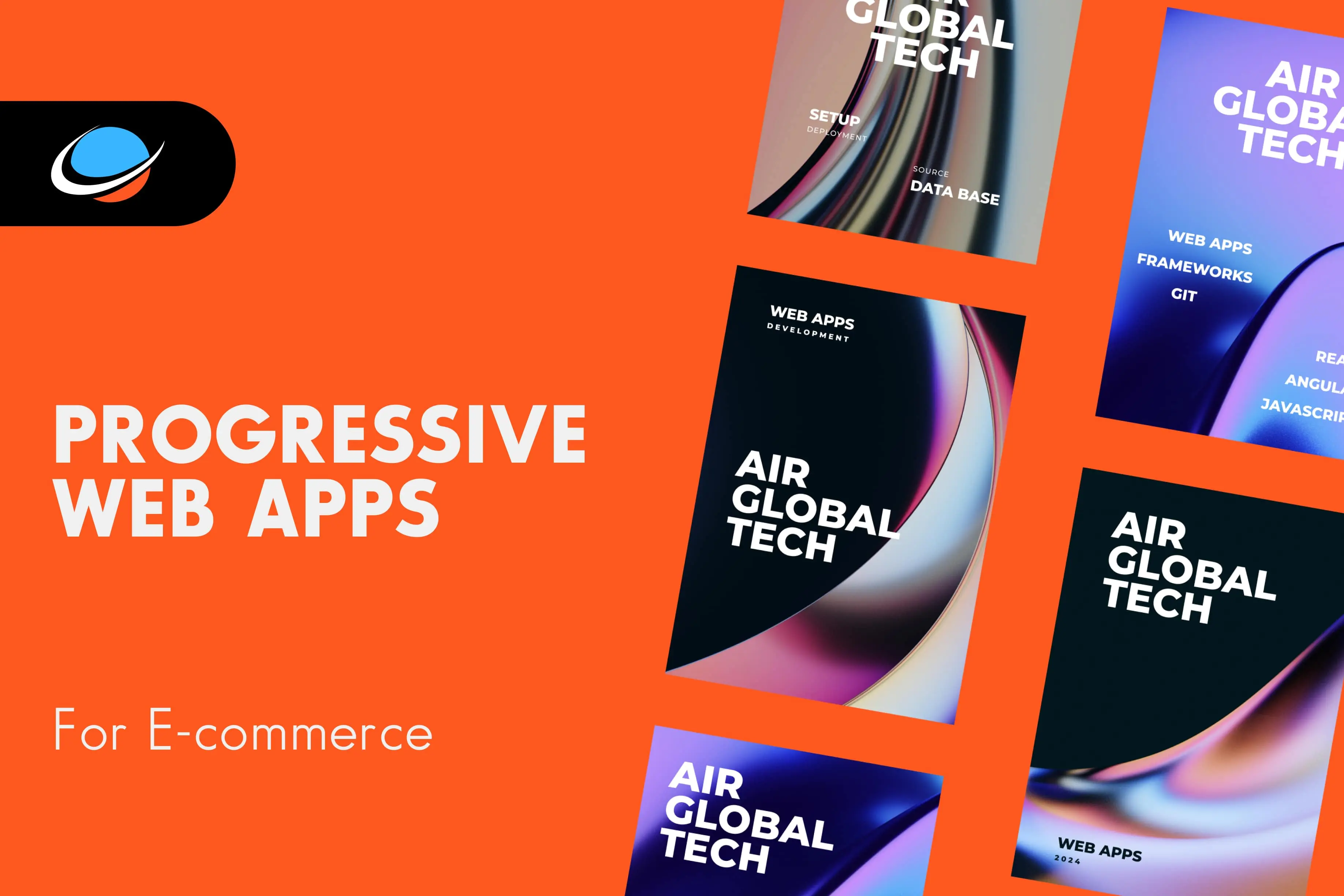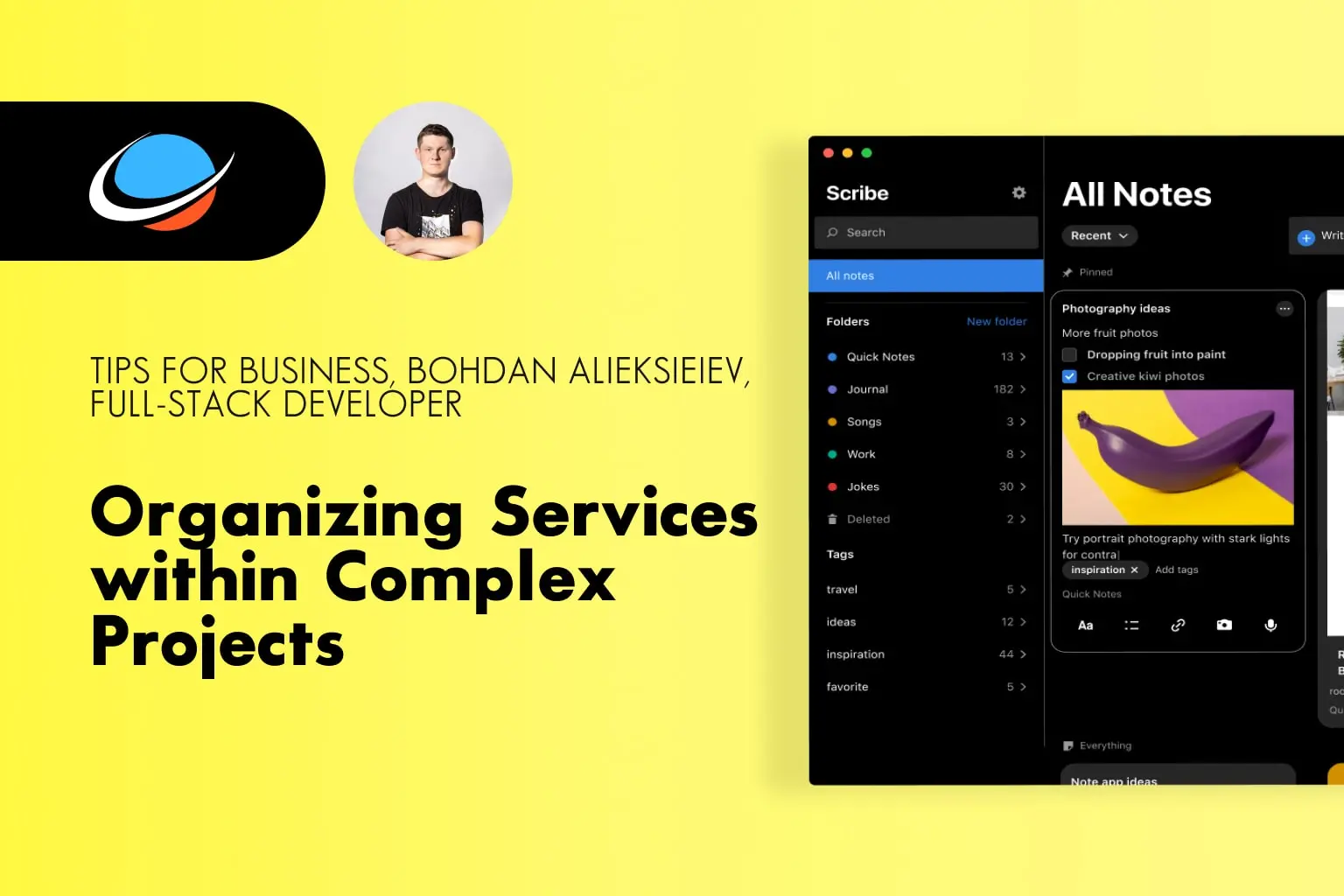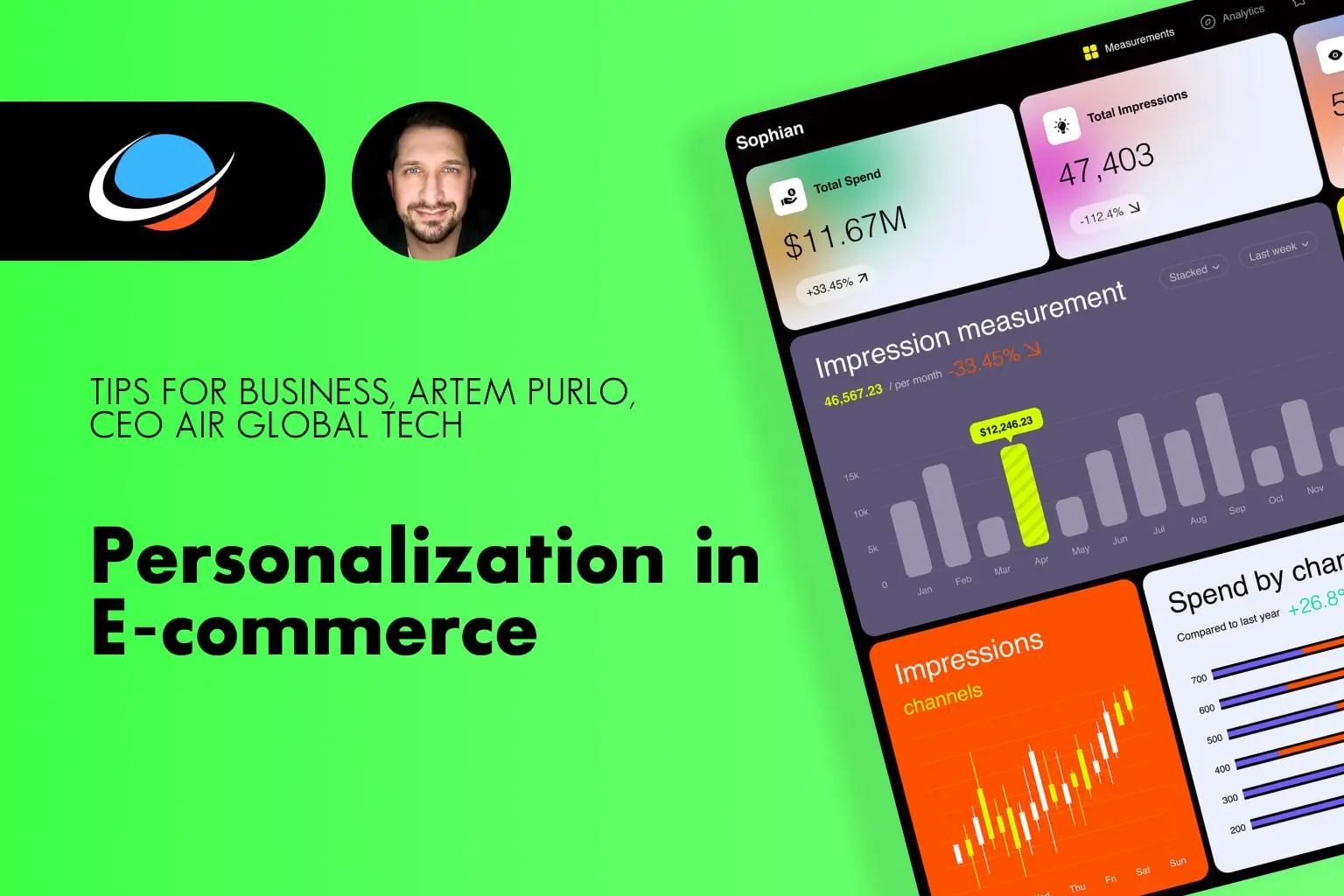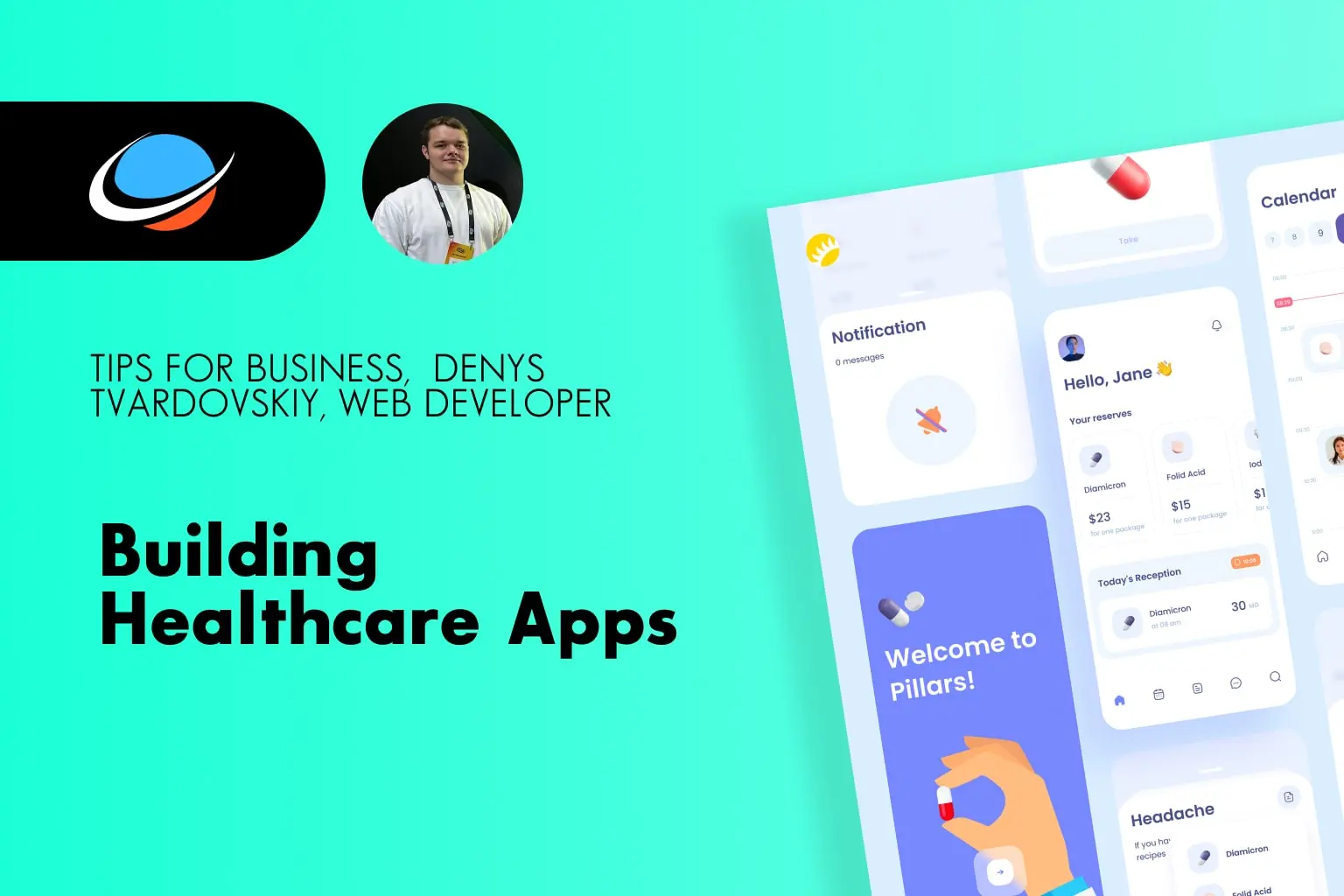The Evolution of E-commerce and User Expectations
E-commerce has traversed a fascinating journey from its humble beginnings as online storefronts to becoming sophisticated platforms offering personalized recommendations, frictionless checkouts, and convenient payment methods. The evolution has been fundamentally driven by the evolving expectations of consumers who demand more than just basic transactions from their online shopping experiences.
As consumers became accustomed to the convenience of mobile apps – with their fluid animations, smooth navigation, and push notifications – their expectations for web experiences began to evolve accordingly. The challenge was clear: to provide the same level of speed, interactivity, and engagement that native apps offered but without the requirement for users to download and install a separate application. This marked the birth of Progressive Web Apps.

Progressive Web Apps
Understanding Progressive Web Apps (PWAs)
Progressive Web Apps, often abbreviated as PWAs, are a novel approach to web development that address the need for high-performance, responsive, and engaging user experiences.
PWAs harness modern web technologies to deliver app-like experiences directly within web browsers. They boast characteristics that set them apart from conventional websites:
1. Speed and Performance: PWAs prioritize speed and performance. By employing techniques like caching and lazy loading, they ensure that users don’t have to experience slow loading times. This rapid responsiveness is pivotal in reducing bounce rates and cultivating a satisfying user experience.
2. Responsiveness: PWAs are inherently responsive, meaning they can adapt seamlessly to various screen sizes and orientations. This consistency across devices guarantees that users encounter a uniform experience, whether they are shopping on a smartphone, tablet, or desktop computer.
3. Offline Accessibility: Among the most revolutionary features of PWAs is their capacity to operate offline or in low network conditions. E-commerce platforms developed as PWAs can cache essential data, enabling users to continue browsing, adding items to their carts, and even completing purchases without an active internet connection. This offline functionality bridges the gap between online and brick-and-mortar shopping experiences.
4. Engaging User Experience: PWAs are designed to create a highly engaging user experience. They can send push notifications, leverage device hardware such as cameras and GPS, and even create immersive full-screen experiences. This heightened engagement has the potential to cultivate increased user loyalty and more frequent interactions.
5. Cost-Effectiveness: The development and maintenance of separate native apps for different platforms, such as iOS and Android, can be exorbitant in terms of both time and resources. PWAs present a cost-effective alternative by functioning on any modern web browser. This cross-platform compatibility simplifies development efforts and reduces ongoing expenses.
6. Discoverability: Unlike native apps, which often necessitate users to visit app stores to find and install them, PWAs are discoverable through search engines, just like traditional websites. This enhances their visibility to potential customers and streamlines the acquisition process.
Success Stories in PWA-Driven E-commerce
The efficacy of PWAs in elevating e-commerce experiences is not merely theoretical; several industry leaders have already reaped significant benefits from adopting this technology. A notable example is AliExpress, a global online retail marketplace. By transitioning to a PWA, AliExpress managed to achieve a remarkable 104% increase in conversion rates for new users. Similarly, Flipkart, India's largest e-commerce platform, experienced a substantial 70% increase in their conversion rates after implementing a PWA.
These triumphs underscore the potential of PWAs to reshape the e-commerce landscape and deliver tangible results in terms of user engagement and revenue generation.
Challenges and Considerations
While PWAs offer a plethora of advantages, they are not without their challenges and considerations. Compatibility issues with older web browsers can limit the reach of PWAs, particularly among users who have not updated to more modern versions. Additionally, while PWAs provide access to certain device features, they may not fully replicate the capabilities of native apps, which have more direct access to device hardware.
Implementing advanced features like offline capabilities and push notifications requires careful planning and skilled development expertise. The technology landscape is in a constant state of flux, with new browser features and capabilities being introduced regularly. Staying up-to-date with these changes is essential to ensure that a PWA continues to provide a cutting-edge user experience.
Conclusion
As the e-commerce landscape continues to evolve, businesses must remain agile and innovative to meet the ever-growing expectations of consumers. Progressive Web Apps represent a promising solution, blending the best aspects of traditional websites and native apps to deliver fast, engaging, and immersive shopping experiences.
By embracing PWAs, e-commerce companies can not only enhance customer satisfaction but also drive conversions, increase user loyalty, and remain competitive in a dynamic digital marketplace. The rise of PWAs signals a pivotal shift in the way online shopping experiences are delivered, and those who seize the opportunity stand to gain a significant advantage in capturing the hearts and wallets of consumers in the modern age of digital commerce.
 AIRKOD
AIRKOD












